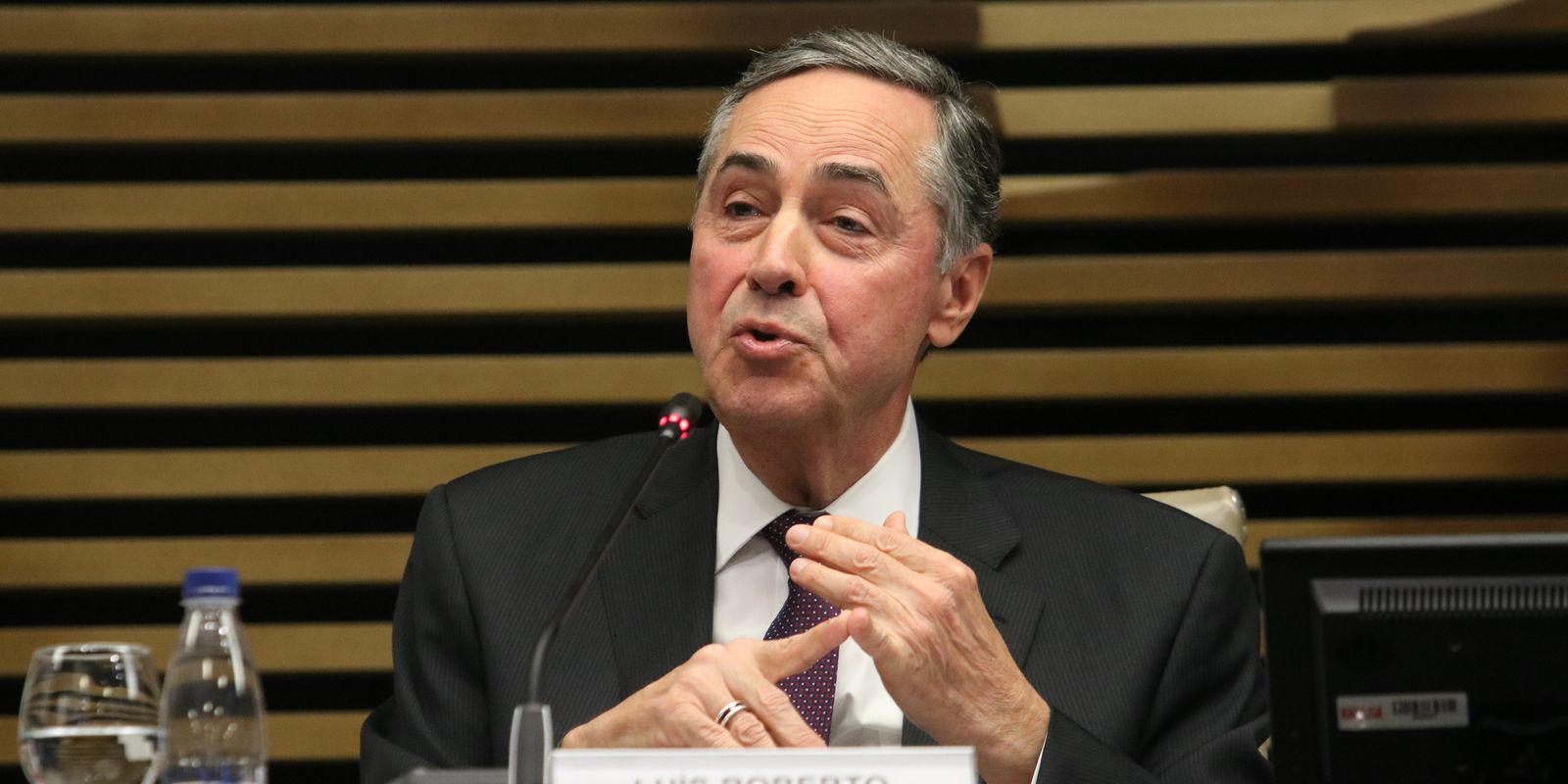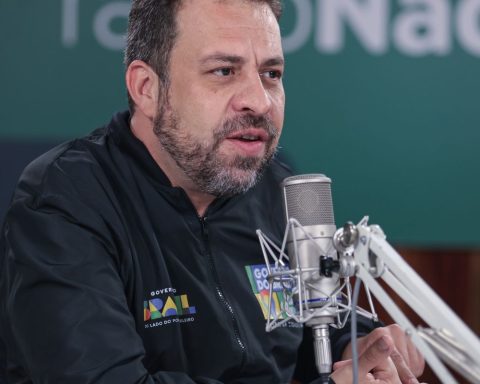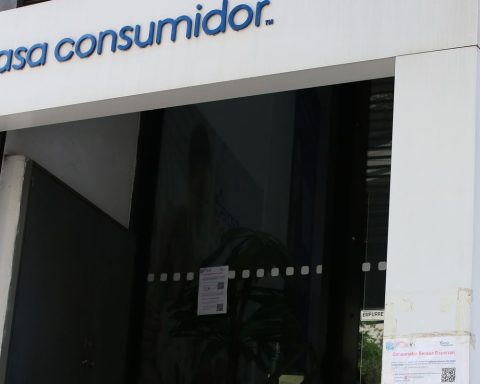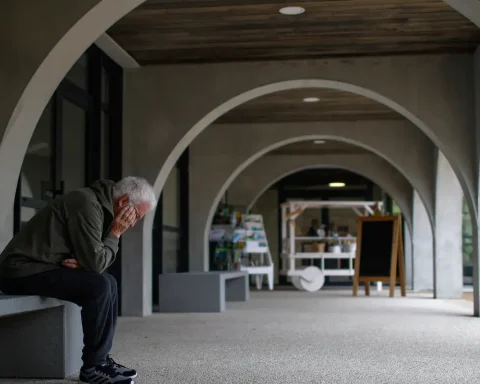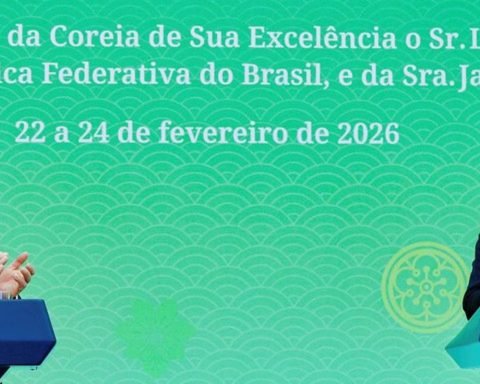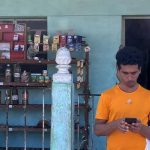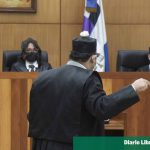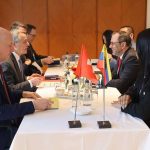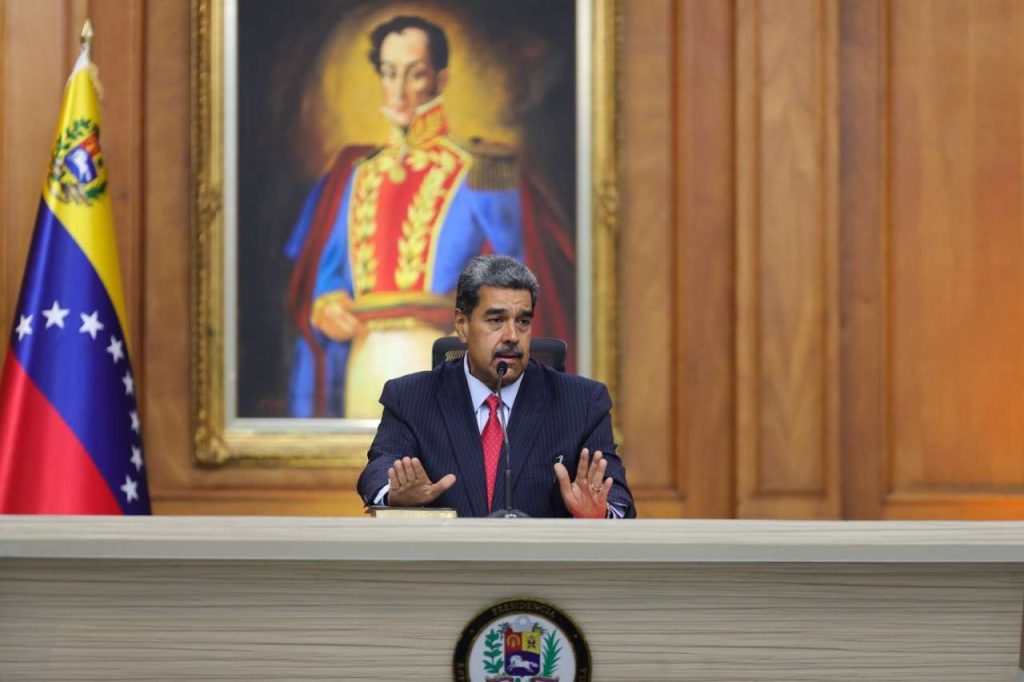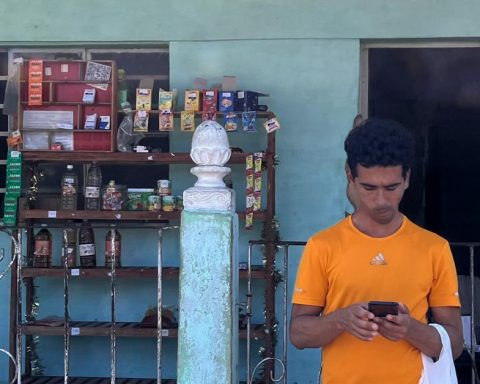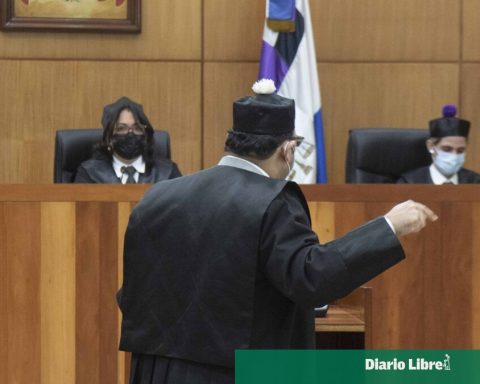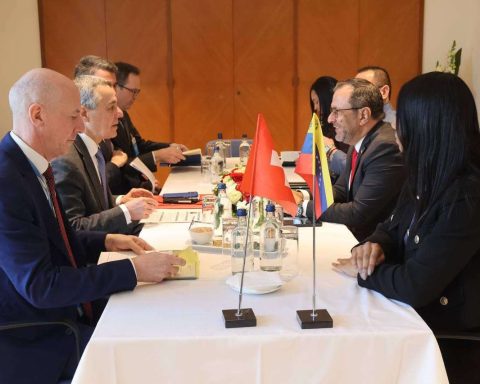The president of the Federal Supreme Court (STF), Minister Luís Roberto Barroso, stated that the Court had a “controversial” performance in fighting corruption. The minister’s statement was made this Tuesday (30) during an event at the Brazilian Academy of Letters (ABL), in Rio de Janeiro.
During a lecture, Barroso spoke about recent Supreme Court decisions that guaranteed the protection of Brazilian democracy and the promotion of human rights in the country, such as the validation of the racial quota policy, the legalization of abortion in cases of anencephalic fetuses and the end of nepotism.
When commenting on the decisions on combating corruption, Barroso said that the court reversed its decision on automatic imprisonment after a second instance, annulled the trial of a person accused of embezzling R$40 million from a state-owned company and understood that it was up to the National Congress to deliberate on the imprisonment of a senator who was recorded asking for a bribe.
The minister also cited the Supreme Court’s decision that considered former judge Sérgio Moro biased and annulled the conviction of President Luiz Inácio Lula da Silva in Operation Lava Jato. “In a society that was eager to confront corruption and was extremely polarized, all of these decisions stirred up many emotions against the court. My position did not prevail in these judgments.”
Despite understanding that the Supreme Court has issued controversial decisions on combating corruption, Barroso concluded that the Court fulfills the role defined by the Constitution. “In the almost 36 years that the 1988 Constitution has been in force, the Judiciary, at the top of which is the Supreme Federal Court, in addition to resolving individual and collective conflicts that arise in society, has contributed to the preservation of democracy and the protection of fundamental rights,” he added.
This Thursday (1st), the plenary resumes sessions, which were suspended due to the July recess.
The plenary will judge the constitutionality of a law from Mato Grosso do Sul that requires telephone operators to inform the daily speed of the internet signal provided.
Also on the agenda is an action by the New Party against Constitutional Amendment 123 of 2022. The rule established a state of emergency and authorized the payment of various social benefits in an election year.
